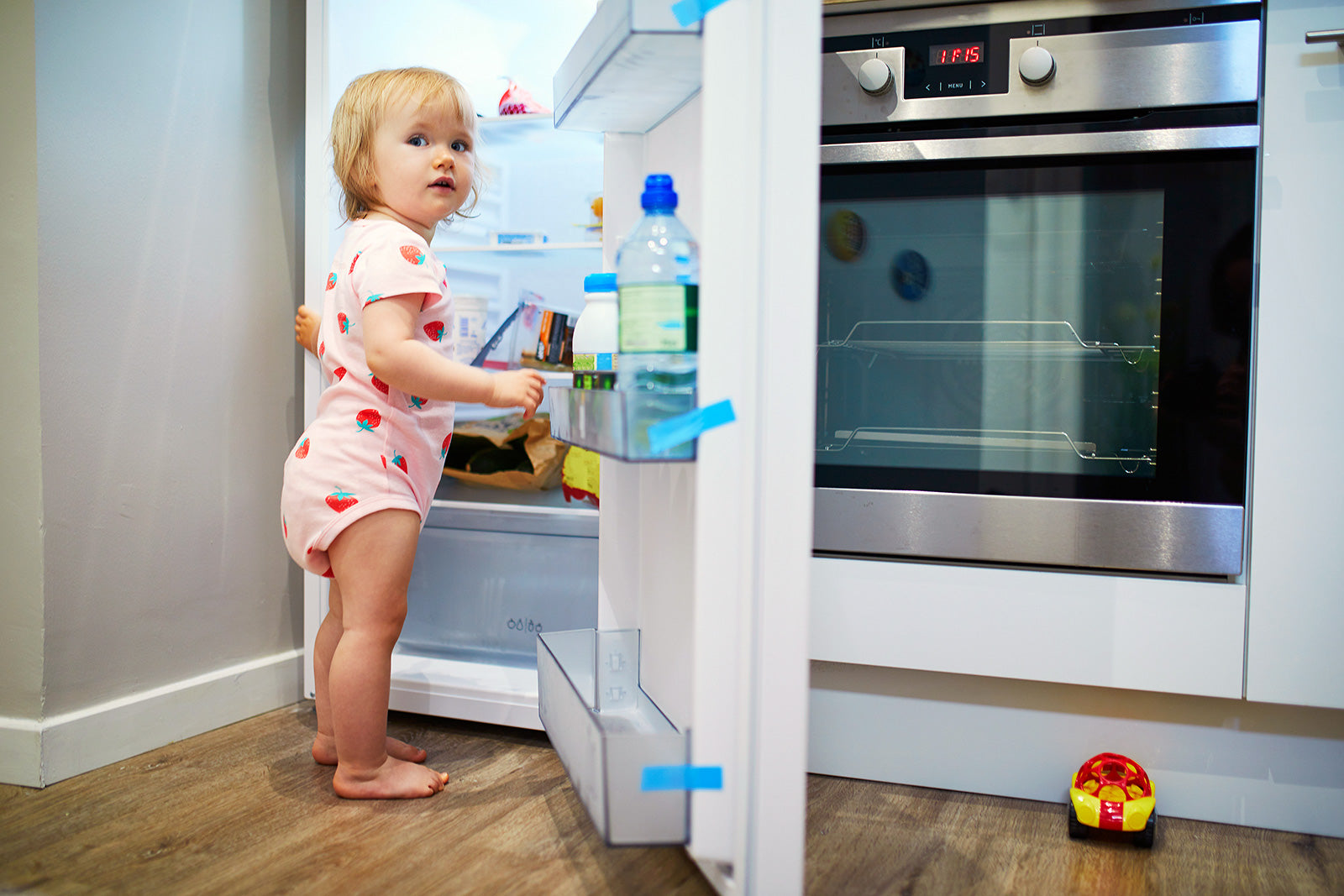Understanding the Challenges of Feeding Premature Babies

No matter how many plans we make as expecting parents, there are still things that are out of our control. The arrival of preemies makes that fact abundantly clear. When babies are born prematurely, they may not be ready to take nourishment from a breast or bottle. The challenges of feeding premature babies can feel overwhelming, but with the proper support, you can do it!
September is NICU Awareness Month. One out of every ten newborns will spend time in the neonatal intensive care unit at the hospital. The NICU was home to our preemie twins for many weeks, so we understand how challenging it is to be preemie parents.
The bökee was born out of that experience, and we treasure the babies who need critical care, their families, and the professionals that help them through those scary times. We invite you to grab a bökee for you or a loved one to help with their feeding journey.
Challenges of Feeding Premature Babies

Most newborns are born with the ability to breastfeed or bottle-feed right away. But babies born before 34 weeks gestation may not have developed enough to eat and digest normally. Preemies often face the following difficulties.
Poor Sucking Reflex
When a baby suckles, its brain manages several things at once. They’re using the tongue to compress the nipple against the roof of their mouth. They also are sucking and swallowing while breathing through the nose. It’s pretty amazing for someone fresh out of the womb when you stop to think about it.
Babies born before about 32 to 34 weeks gestation haven’t developed the sucking reflex, and those born before 37 weeks may not be ready to eat safely. A lack of coordination in their attempts to suck and swallow can make traditional feeding ineffective if they don’t get milk into their tummies and dangerous if they get it into their lungs.
Oral Aversion
Some preemies develop an oral aversion, a dislike of having something in their mouths. In this case, the baby might turn away or arch their back to avoid the breast or bottle, despite showing signs of hunger.

Babies who cannot eat right away after birth and need an alternative method, such as an NG tube, for an extended period are more likely to experience oral aversion. A feeding therapist can be tremendously helpful when this happens.
GERD
Gastroesophageal reflux disease (GERD) occurs when the contents in someone’s stomach move back up the digestive system and into the esophagus.
This common condition affects lots of babies when the muscles around the esophagus that constrict and help keep food down aren’t well-developed yet. GERD can be very mild, only causing the post-feeding spit-up that happens to many babies. But sometimes, it can cause vomiting, pain, or loss of appetite.
Many preemies will outgrow this as their digestive systems develop further. Elevated positioning after feedings can help lessen GERD symptoms; in some cases, medication is necessary.
Feeding Preemies in the NICU

Premature babies will most likely spend their first days in the NICU. They generally do not have enough body fat yet to keep warm, so they spend much of their time in an incubator.
If their lungs aren’t adequately developed, they’ll need oxygen or may need to be on a ventilator. Feeding sessions are often shorter for many preemies because of these needs.
Experts in the NICU will help create a plan to make sure your newborn gets the nutrition they need to grow and mature. If they aren’t yet able to breastfeed or bottle-feed, your baby might have an NG tube, a slender tube threaded through the nose and down to the stomach. If their stomach isn’t ready for food, they may get nutrition through an IV.
The NICU medical team generally formulates the IV or tube feedings based on your baby’s bloodwork. They monitor things such as electrolyte and protein levels to determine what your preemie needs until they are ready for the breast or bottle.

As your newborn grows and develops, they will be better able to handle the job of eating. The care team will help you introduce your baby to bottle feeding or breastfeeding and work to transition them off external feeding interventions when they feel it’s appropriate.
Some signs that your newborn might be ready to handle breast or bottle feedings include:
- Presence of a sucking reflex
- Bowel sounds
- No abdominal distension
Most babies are able to start taking nutrients by mouth at around 34 weeks gestation. Many will be able to get all the food they need by 37 to 38 weeks gestation.
You do not have to rule out breastfeeding because your preemie isn’t ready to suckle. Using a breast pump will provide milk you can freeze for later and help keep your supply up for when your baby is ready to nurse. Your newborn might also be able to have your breast milk through the NG tube if allowed by the medical team.
How to Help Your Baby on Their Feeding Journey

The challenges of feeding premature babies don’t stop once you leave the NICU, so continued support is crucial. You will likely have obstacles to navigate, but ultimately, your baby will learn to eat on their timeline.
As you navigate these complexities, here are some things you can do to help:
- Respect the cues your baby gives you. If they are sucking on their fingers or a pacifier, they may be ready to eat. If they seem distressed or fatigued, accept that this meal is over.
- Take advantage of skin-to-skin contact. This “kangaroo care” has tremendous benefits for both of you, including helping your preemie gain weight and boosting your milk supply.
- Recognize that breastfeeding AND formula-feeding are ok! Having a preemie automatically means that many expectations have to shift, and breastfeeding may be one of them. Your feeding journey is uniquely yours and doesn’t deserve any shame or blame.
- Stay connected to a pediatric nutritionist to help you handle any feeding difficulties as they arise.
Allow Yourself All the Help You Need

Parenting is a challenge under perfect circumstances - whatever those are. But when you have a preemie, the challenges are even more significant. Take advantage of all the available help from friends, family, and your baby’s medical providers.
Our bökee journey is a direct result of trying to navigate feedings when our hands were full. With twin preemies, that was, well, always! Our signature bottle-prep tool makes mealtime easier as you prepare bottles while holding and soothing a child in your arms. Check out the bökee today and choose your favorite.




